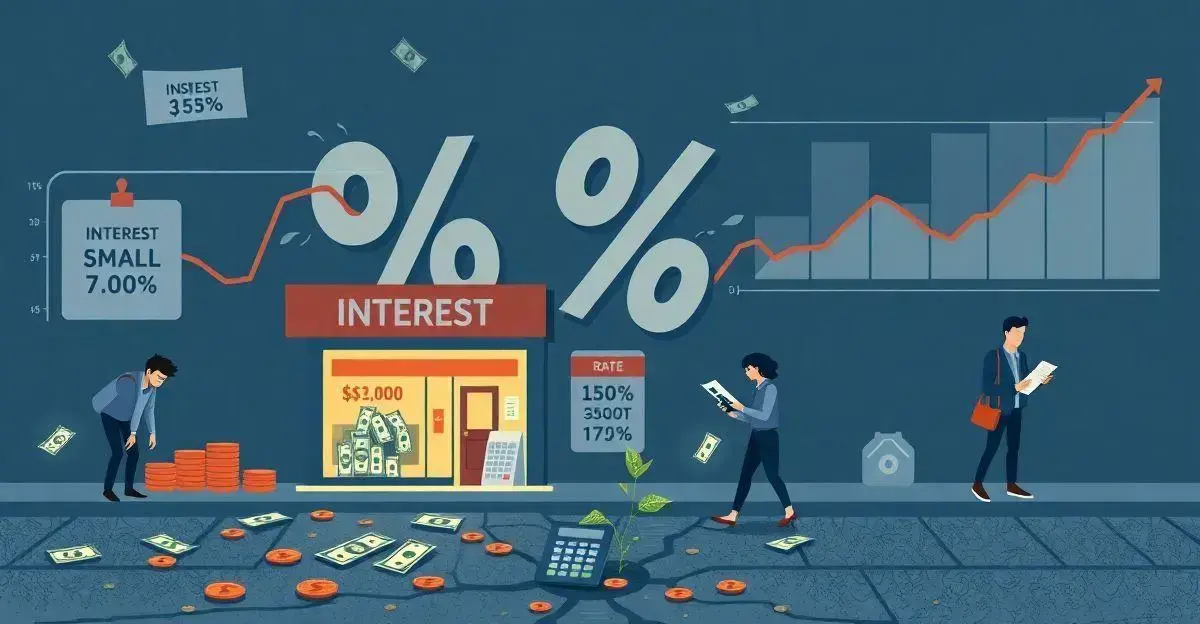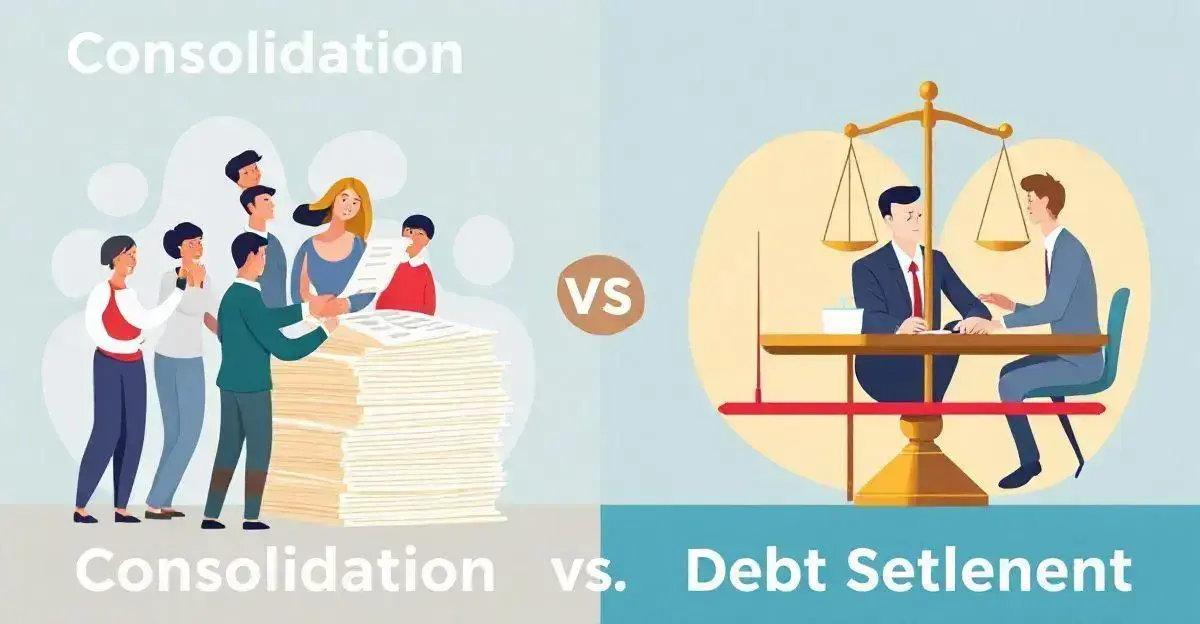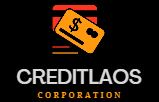Managing credit card debt is crucial for financial stability, yet many people struggle with rising balances and high-interest rates. Without a clear strategy, debt can spiral, leading to stress and financial insecurity.
To regain control, it’s essential to understand how credit card debt works and adopt effective repayment strategies. By budgeting wisely and making informed decisions, you can reduce your debt and work towards financial freedom.
Ready to take the first step? Keep reading for tips on managing your credit card debt and improving your financial health.
Understanding Credit Card Debt
Understanding credit card debt is the first step towards financial freedom.Credit cards can be convenient, but they often come with high-interest rates that can lead to overwhelming debt if not managed properly.
Many people find themselves trapped in a cycle of making minimum payments, which barely cover the interest. This practice can prolong the time it takes to pay off debt significantly.
It is essential to recognize how credit card interest rates work. They can range from 15% to 30%, meaning that for every dollar spent, you might pay back even more than you originally borrowed. If you carry a balance, the interest accumulates daily, leading to unexpected costs that can spiral out of control.
To combat this, set a clear plan for how to pay down your credit card debt. Keep track of all your balances and prioritize paying off the card with the highest interest first. Additionally, consider transferring balances to a credit card with a lower interest rate, but be mindful of transfer fees.
Understanding the terms and conditions of your credit cards, including grace periods and late fees, can also empower you to manage your finances better. Regularly review your credit card statements to ensure there are no errors that could affect your repayment efforts.
The Impact of High-Interest Rates

High-interest rates can have a significant impact on managing credit card debt. When you carry a balance on your credit card, interest rates determine how much extra you pay over time. For instance, if your card has a 20% interest rate, your balance can grow quickly if you only pay the minimum each month. This increases the total amount you owe, making it harder to achieve financial stability.
To understand this impact better, let’s look at an example. If you have a balance of $1,000 and only make the minimum payments, you could end up paying nearly double that amount in just a few years due to interest. This can lead to a cycle of debt, where you feel like you’re never getting ahead.
It’s crucial to explore ways to lower your interest rates. Many banks offer promotional rates or balance transfer options that can save you money. By transferring your balance to a card with a lower rate, you can reduce how much interest you pay and focus more on reducing your principal balance.
Additionally, try to negotiate a lower rate with your current card issuer. Sometimes, simply asking can yield positive results. Staying informed about market rates can give you leverage in these discussions.
Tips for Budgeting and Paying Off Debt
Effective budgeting is essential when it comes to paying off debt. Start by tracking your income and expenses to see where your money goes. This visibility will allow you to identify areas where you can cut back. For example, if you’re spending a lot on dining out, consider preparing meals at home to save money. Every dollar saved can be used to pay down your credit card debt faster.
Once you recognize your spending habits, create a budget that prioritizes debt repayment. Allocate a specific amount each month to pay off your credit cards. Focus on making more than the minimum payments. By doing this, you’ll pay less interest over time and reduce your debt more quickly.
Additionally, consider using the debt snowball method, where you pay off the smallest debt first while making minimum payments on larger debts. This tactic can provide a psychological boost as you see debts eliminated. Alternatively, the debt avalanche method focuses on paying off debts with the highest interest rates first, which can save you money in the long run.
Be sure to regularly review your budget and adjust it as needed. Life changes, and so should your financial plan. Stay disciplined and remember that every effort you make helps you towards a debt-free future, especially when it comes to managing credit card debt effectively.
Consolidation vs. Debt Settlement

When facing credit card debt, it’s important to understand the difference between consolidation and debt settlement. Both strategies aim to relieve financial stress, but they work in different ways.
Debt consolidation involves combining multiple debts into a single loan with a lower interest rate. This can simplify payments and potentially lower monthly costs. Many people choose to consolidate when they have several credit cards and want a clear path toward repayment.
On the other hand, debt settlement often involves negotiating with creditors to pay less than the total amount owed. This option can lead to serious consequences on your credit score, but it allows you to pay off your debt for a fraction of what you owe.
It is crucial to work with a reputable debt settlement company if you choose this path, as scams are common in this industry.
Choosing between these options depends on your financial situation. If you can commit to repaying a loan, consolidation may be the best choice. However, if you are struggling to meet minimum payments, debt settlement could provide a quicker resolution, although at a cost.
Always consider seeking advice from a financial advisor to find the best approach for managing credit card debt while protecting your financial future.
The Importance of Building an Emergency Fund
Building an emergency fund is crucial for financial security, especially when managing credit card debt. An emergency fund acts as a financial cushion, providing peace of mind during unexpected expenses like car repairs or medical bills. Ideally, this fund should cover three to six months’ worth of living expenses.
To start, determine how much you need to save. A simple way to calculate this is to multiply your monthly expenses by the number of months you’d like to cover. Next, set a goal to save this amount gradually, contributing a set amount each month. Even small deposits can add up over time!
When saving, consider using a high-yield savings account, where your money can earn interest while remaining easily accessible. This way, your emergency fund grows, and you’re less tempted to dip into it for non-emergencies.
Having an emergency fund can also protect you from accumulating more debt. If you encounter an unexpected expense, you can use your fund instead of relying on credit cards. This proactively prevents adding more burden to your existing debt.
In summary, prioritizing an emergency fund is a key step in managing financial responsibilities, ensuring you stay on track even when surprises arise.
Common Mistakes to Avoid
When managing credit card debt, avoiding common mistakes can save you money and stress. One major mistake is missing payments, which can lead to late fees and increased interest rates. Establish a system to ensure bills are paid on time, whether it’s setting reminders or automating payments.
Another error is only making minimum payments, which prolongs debt duration and increases interest costs. Aim to pay more than the minimum whenever possible. This reduces your total interest and shortens the repayment period.
Using credit cards for non-essential purchases can also be problematic, leading to further debt accumulation. It’s essential to separate needs from wants, focusing only on necessary expenses until your debt is manageable.
Additionally, neglecting to track your spending can create confusion about your financial situation. Use budgeting tools or apps to keep a close eye on where your money goes and adjust accordingly.
Finally, don’t ignore the importance of seeking help. If you feel overwhelmed, consider reaching out to financial advisors or credit counseling services. They can provide insights and strategies tailored to your situation.
How to Use Credit Wisely
Using credit wisely is essential to maintaining financial health. First, only charge what you can afford to pay off each month. This practice prevents debt from accumulating and saves you from high-interest costs.
It’s also important to use credit cards responsibly. Avoid maxing out your credit limit, as this can negatively affect your credit score. Aim to keep your utilization ratio below 30%. This means that if you have a $1,000 credit limit, you should keep your balance under $300.
Additionally, take advantage of rewards programs without being tempted to overspend. Look for credit cards that offer benefits such as cashback or travel rewards, but only use them for planned purchases.
Pay attention to payment due dates. Set reminders or enable automatic payments to ensure you never miss a due date. Late payments can lead to penalties and damage your credit score.
Regularly review your credit report to identify any discrepancies or opportunities to improve your score. Understanding your credit usage can lead to more informed decisions in the future, especially when managing credit card debt effectively.
Resources for Financial Help
Finding reliable resources for financial help can make a big difference when managing credit card debt. There are many options available to provide support and guidance. First, consider credit counseling services.
These organizations offer free or low-cost help to create a budget, manage finances, and develop a plan for paying off debt. Look for agencies that are non-profit and accredited to ensure quality advice.
Another valuable resource is local community organizations. Many non-profits offer financial education workshops and assistance programs. These can help you understand budgeting and debt management, allowing you to make informed decisions.
If you’re struggling with overwhelming credit card debt, consider seeking assistance from a debt management company. They can help negotiate with creditors to lower payments and create a repayment plan that fits your budget.
Moreover, online resources, such as financial blogs and forums, provide tips and shared experiences from others who have been in similar situations. Websites like NerdWallet or Credit Karma also offer handy tools like calculators for assessing debt and credit scores.
Lastly, governmental resources are available, including the Consumer Financial Protection Bureau (CFPB). They provide valuable information on financial products, including credit cards, and how to manage them wisely. Taking advantage of these resources can lead you toward achieving financial stability and managing credit card debt more effectively.
Managing Credit Card Debt: Final Considerations
Managing credit card debt requires careful planning and dedication. By understanding the impact of high-interest rates and utilizing effective budgeting techniques, individuals can take significant steps toward financial stability.
Building an emergency fund is essential to prevent further debt while learning to use credit wisely is crucial for future financial health. Avoiding common mistakes and utilizing available resources for financial help can empower individuals to regain control over their finances.
In the end, a proactive approach and informed decisions will lead to better outcomes in managing credit card debt and achieving long-term financial success.
